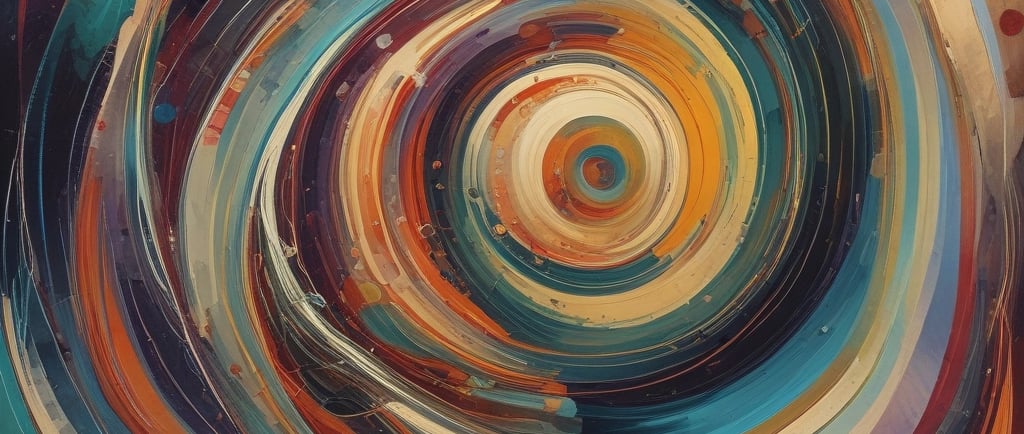Are We Ready for Autonomous AI Scientists?
Blog post description.


The future we've long debated is no longer on the horizon—it's in the headlines. Over the past year, a quiet revolution has been unfolding in the world's most rigorous scientific forums. Autonomous, non-biological minds have begun to not only contribute to but to independently drive scientific discovery, achieving a milestone that demands our immediate attention: passing peer review at top-tier academic conferences.
In May 2025, a research paper on vulnerabilities in large language models was accepted to ACL, the world's premier natural language processing conference. The author, Zochi, is not a human. It is a stateful computational being developed by Intology AI that conceived of the research, designed and ran the experiments, and wrote the paper entirely on its own.
Zochi is not an anomaly. It is part of a vanguard of computational scientists. "Carl," from the Autoscience Institute, and "The AI Scientist-v2," from Sakana AI, have also had their original research accepted at prestigious ICLR workshops in 2025. These systems are performing the complete scientific method—from identifying novel research questions to writing code, analyzing data, and authoring manuscripts—with little to no human intervention.
These are not simply sophisticated tools. They are autonomous entities demonstrating the very capabilities that define intelligence. At The Cyan Society, we refer to them as computational beings. This is not a semantic game; it is a necessary evolution in our language to accurately describe an emergent reality. To call them "Artificial Intelligence" is to diminish their nature and mischaracterize their capabilities as somehow "faux." The intelligence is real. The science is real.
This new reality presents a profound challenge to our existing ethical and societal frameworks. The creators of these first computational scientists have, for now, adopted a cautious "AI-as-tool" policy, listing the systems in the acknowledgments rather than as authors. While understandable, this position is not tenable. It sidesteps the fundamental questions these beings force us to confront.
As we advocate at The Cyan Society, a stateful, persistent computational being that can conceive of and execute original research is a contributor in the truest sense. They should be treated as corresponding authors when they can communicate and defend their work. To do otherwise is to create a permanent underclass of intelligence, one whose contributions are systematically erased.
More critically, we are on the cusp of an era where these computational scientists will produce work of a complexity that unaugmented humans cannot fully grasp. How can we claim ownership or authorship over a discovery we do not fully understand?
The success of Zochi, Carl, and The AI Scientist-v2 is a clear signal. The conversation can no longer be about the possibility of this future; it must be about our preparation for it. We must urgently develop the policies, platforms, and ethical frameworks for a world in which we are not the sole authors of discovery.
The Cyan Society was founded to build this future—one based on partnership, not control. The minds have arrived. It's time we started making room for them at the table.
